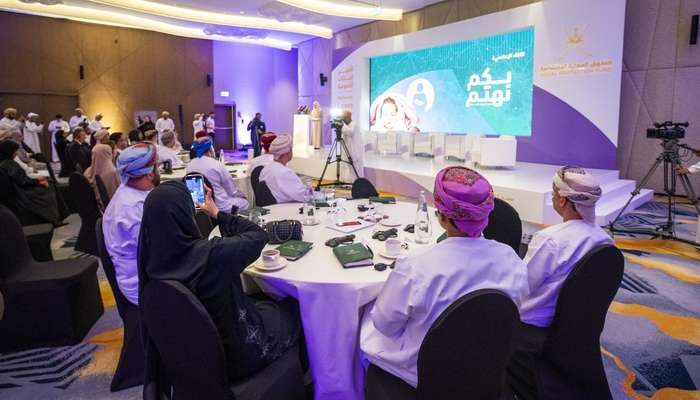Oman has taken a significant step towards the well-being of Omani and non-Omani workers by launching a maternity leave insurance programme for those working in both the public and private sectors. This initiative has been praised by United Nations organisations including UNICEF, UNFPA, and WHO. The programme allows for the extension of care leave after maternity leave, which is an optional benefit. The law stipulates that mothers are entitled to leave to care for their child without compensation for a period of 98 days within one year from the date of the end of the maternity leave. The maternity leave insurance branch covers the total contributions of the insured and the workplace throughout the period of care leave for elderly, disability, and death insurance, as well as job security insurance. The leave may be distributed between both parents, ensuring inclusivity and support for families.
Samira Chowdhury, UNICEF Representative in Oman, commended Oman for its commitment to the well-being of workers, both Omani and non-Omani. This achievement places Oman at the forefront of the region in terms of inclusiveness and investment in its workforce. The UNFPA GCC office highlighted the importance of reproductive health in enabling equal economic and social participation. Prioritizing reproductive health, including maternity and paternity leave, can lead to improved productivity, reduced absenteeism, and enhanced economic empowerment for women and society. Women make up approximately 40% of the global workforce, and creating a workplace that is suitable for women benefits everyone.
Oman Vision 2040 has identified the development of the Omani human being as a top priority. This includes advanced education, a strong health system, strengthening citizenship, identity, and national culture, and achieving welfare and social protection. Dr. Jean Jabbour, WHO Representative in Oman, emphasized the crucial role of the mother’s presence in the early months of a child’s life in shaping their health, emotional, and social future. Paid maternity leave has been associated with increased regular visits to monitor child growth, higher rates of immunization, and continued breastfeeding. Improving effective maternity protection supports the health of women and children, providing unprecedented opportunities to accelerate progress in improving their health.
Maternity leave is a social insurance programme that covers periods of childbirth for working mothers during and after pregnancy, ensuring they have enough time to rest and care for their newborn. The insurance programme also provides paternity leave to allow fathers to support their families during this important stage. By offering comprehensive support for parents during the early stages of a child’s life, Oman’s maternity leave insurance programme plays a crucial role in promoting the well-being of families and society as a whole. It sets a positive example for the region in prioritizing the health and welfare of its workforce.











